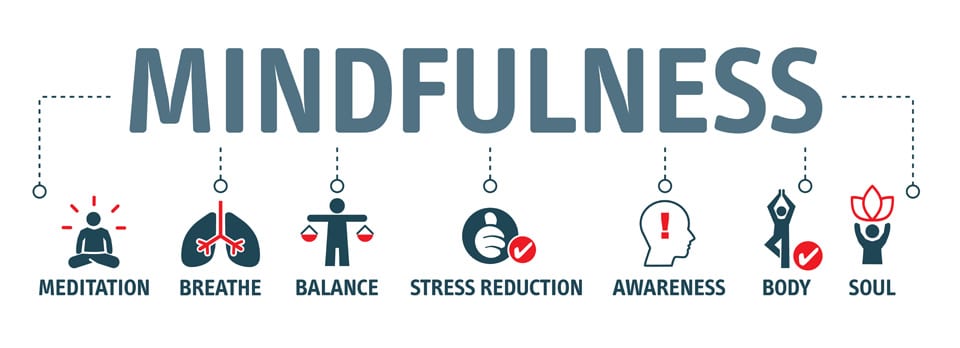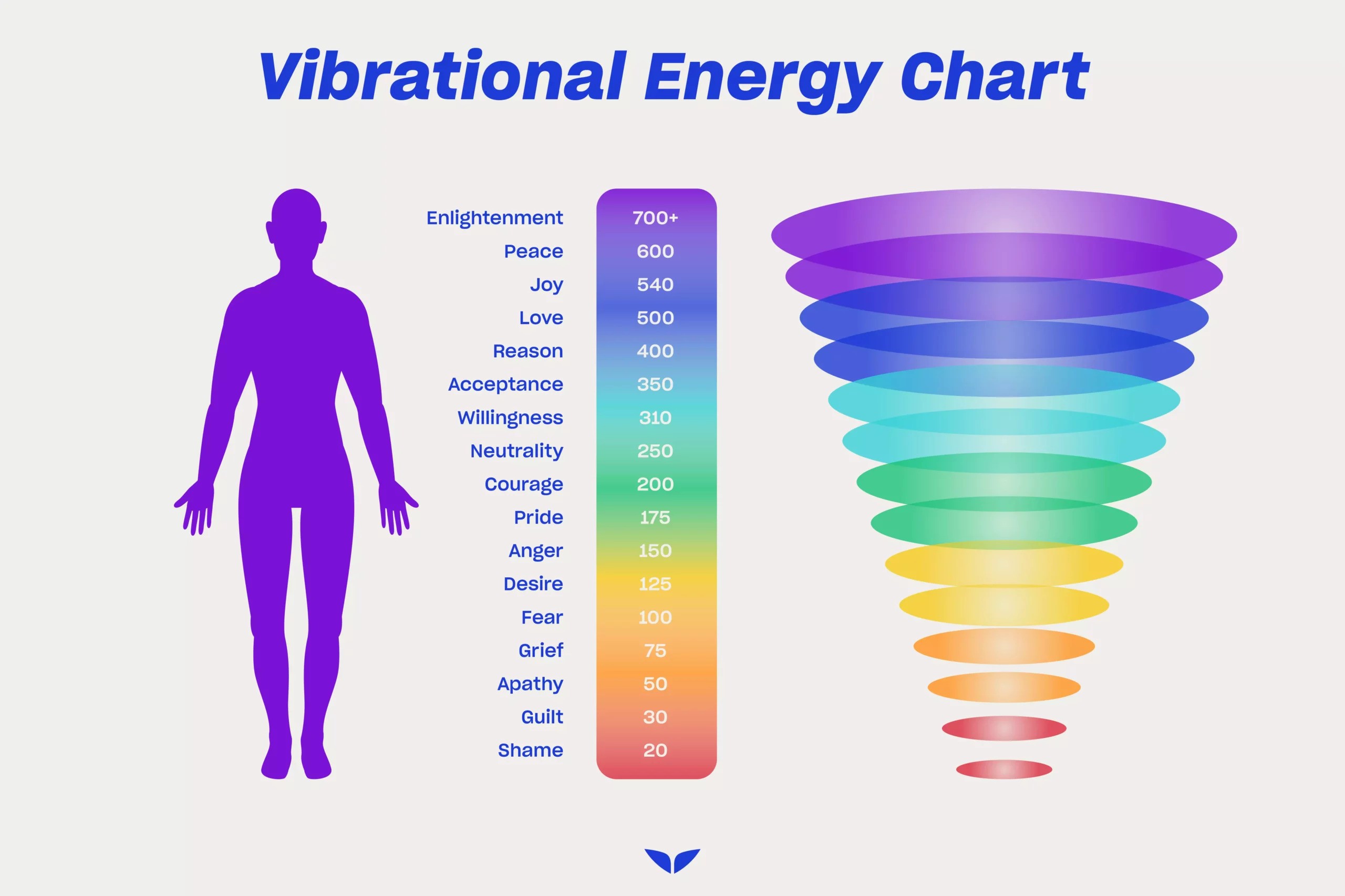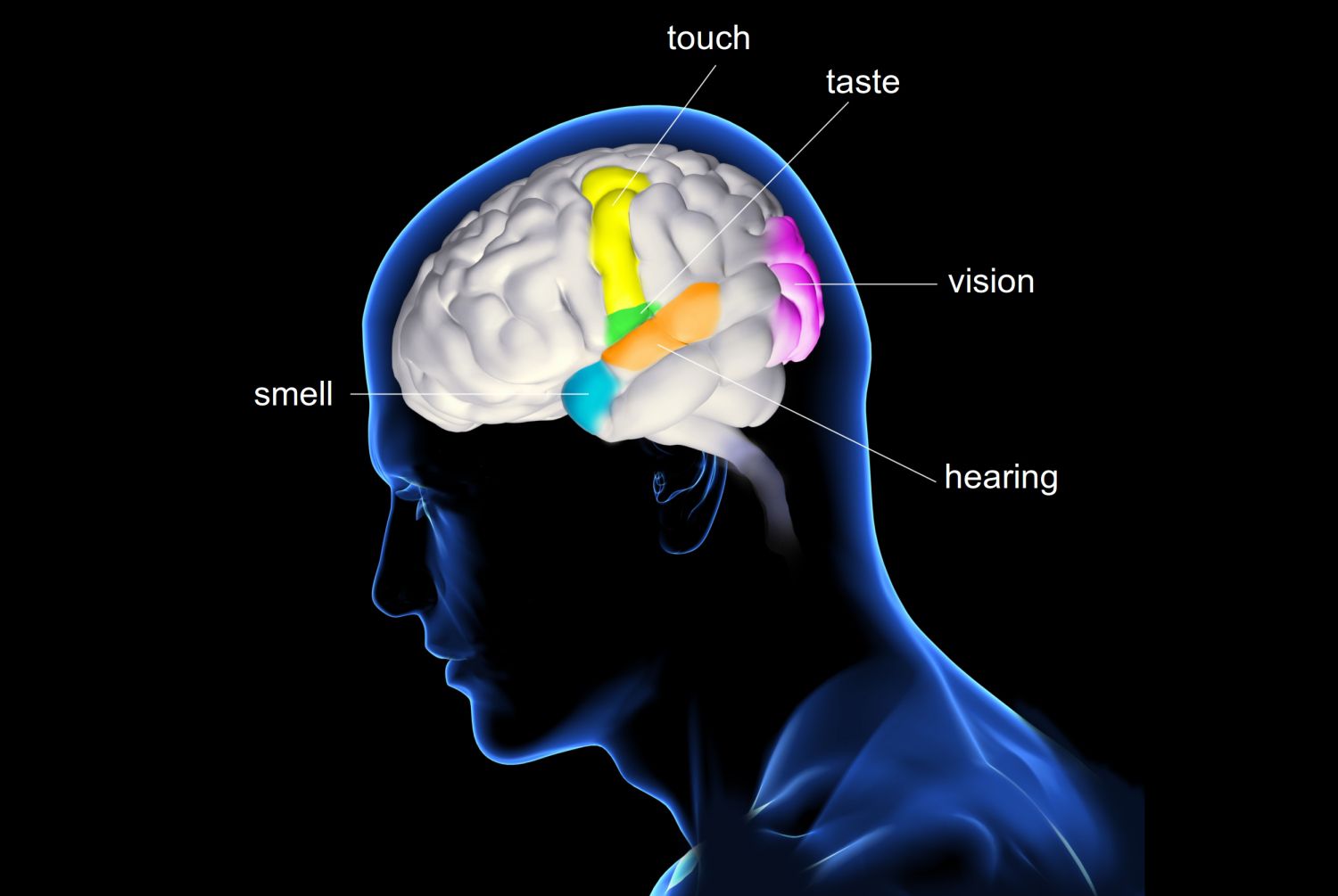The Power of Mindfulness: How to Practice Mindfulness and Reduce Stress in Your Daily Life
Understanding mindfulness meditation

At the heart of mindfulness meditation is the concept of being present in the moment. You might be wondering what that means, exactly. Mindfulness is the act of paying attention to what’s happening around you in the moment without judgment. Mindfulness meditation takes that concept and adds a bit of structure and discipline to it.
When practicing mindfulness meditation, you start by finding a quiet and comfortable place to sit. Then, you focus your attention on your breath. As you breathe in and out, you try to tune out everything else and just be present with your breath. It may sound simple, but it can be challenging to quiet your mind. As you practice mindfulness meditation more, you’ll find it easier to focus. And once you do, you’ll start to experience the benefits.
There are a few different techniques for practicing mindfulness meditation. Some people focus on a mantra or phrase they repeat to themselves. Others simply try to focus on their breath. And some people find it helpful to use guided meditation to help them stay on track. It’s worth noting that mindfulness meditation isn’t a quick fix. It’s something you have to practice regularly to reap the rewards. But with time and dedication, it can be an incredibly powerful tool for reducing stress and improving your overall well-being.
Reducing stress through mindfulness meditation

Stress is something that we all experience in our daily lives, and it can have a significant impact on both our mental and physical health. It can manifest in many ways, such as increased heart rate, muscle tension, and difficulty sleeping. Unfortunately, it can be challenging to avoid stress completely, but there are ways to effectively manage it.
One of the most effective ways to reduce stress is through mindfulness meditation. Mindfulness meditation is a technique that emphasizes the practice of being present in the current moment. By focusing on the present, rather than worrying about the future or dwelling on the past, you can reduce feelings of stress and anxiety. It's a simple practice that can be done in just a few minutes a day.
So how exactly does mindfulness meditation reduce stress? Well, firstly, it helps to reduce the levels of the stress hormone cortisol in your body. Cortisol is responsible for triggering the body's "fight or flight" response, which can be helpful in dangerous situations but can be detrimental to our health if released frequently. By reducing cortisol levels, mindfulness meditation can help to reduce feelings of stress and anxiety.
Additionally, mindfulness meditation can help to increase the activity in the prefrontal cortex, the part of the brain responsible for decision-making, attention, and impulse control. This increased activity can help you to better manage stressful situations and make more thoughtful decisions.
If you're looking to reduce stress through mindfulness meditation, there are a few tips to keep in mind. Firstly, it's important to find a quiet and comfortable space where you won't be disturbed. Set aside a few minutes each day to practice mindfulness meditation, and try to be consistent with your practice. You can start by simply focusing on your breath and being present in the moment. If you find your mind wandering, gently redirect your attention back to your breath. Over time, you can gradually increase the duration and complexity of your mindfulness practice.
In summary, stress can have a significant impact on our mental and physical health, but mindfulness meditation can be an effective way to manage it. By reducing cortisol levels and increasing prefrontal cortex activity, mindfulness meditation can help you to better manage stressful situations and make more thoughtful decisions. With consistent practice and the right mindset, you can reduce stress and improve your overall well-being.
Improving emotional health with mindfulness meditation

We often focus on our physical well-being and forget about our emotional health. Emotional health is just as important as physical health. It affects the way we feel and behave and our ability to cope with life's challenges. Mindfulness meditation can help improve our emotional health.
How Mindfulness Meditation improves Emotional Health
Mindfulness meditation teaches us to acknowledge and accept our feelings and thoughts without judgment. It helps us detach from negative feelings and emotions and become more aware of them. This non-judgmental attitude helps us manage our emotions better and react less impulsively.
Specific Techniques for Cultivating Positive Emotions Through Mindfulness Meditation
One way to cultivate positive emotions through mindfulness meditation is by practicing "loving-kindness" meditation. This meditation involves sending goodwill and love toward ourselves and others. Another technique is "body scan" meditation, where we focus on physical sensations in the body to improve our awareness of our emotional state.
Several studies have shown that mindfulness meditation can help reduce symptoms of anxiety and depression. Mindfulness meditation has also been shown to increase positive emotions like joy, contentment, and gratitude. By incorporating mindfulness practices such as meditation into their daily lives, individuals have reported increased emotional well-being.
In summary, emotional health is an important aspect of overall well-being. Mindfulness meditation is an effective way to improve emotional health by teaching us to manage our emotions better and react less impulsively. By incorporating mindfulness practices into daily life, we can cultivate positive emotions and increase emotional well-being.
Mindfulness in daily life
Now that you understand the benefits of mindfulness, it's time to learn how to incorporate it into your daily life. Mindfulness is not just a practice; it's a way of life. You can practice mindfulness in everything you do, from eating to communicating with others. One way to start incorporating mindfulness into your daily life is by setting a daily intention. Ask yourself, "What do I want to focus on today?" This will help you stay mindful throughout the day and keep you on track with your goals. You can also incorporate mindfulness into your daily routines.
For example, when you wake up in the morning, take a few deep breaths and set your intention for the day. Before you start your day, take a moment to appreciate yourself and everything you have. This will help you stay positive and mindful throughout the day. When it comes to eating, practicing mindful eating can be extremely beneficial. Focus on the taste, texture, and smell of your food. Take small bites and chew slowly. This will not only help you enjoy your food more but also aid in digestion. Mindful communication is also essential in practicing mindfulness in daily life.
When communicating with others, listen attentively and respond mindfully. Take a few deep breaths before responding to anyone. This will help you respond thoughtfully and avoid reactive behavior. Overall, incorporating mindfulness into your daily life can be simple and effective. Small changes can make a big impact on your overall well-being, so start practicing mindfulness today!
Benefits of mindfulness for physical health

We all know that a healthy lifestyle is paramount to our physical well-being. Mindfulness meditation has not only been proven to reduce stress, but it can also improve one's physical health. Chronic pain can be a debilitating affliction that affects many people. Mindfulness meditation has been shown to reduce symptoms for those who suffer from chronic pain.
Not only that, but meditation can also improve sleep, which in turn can lead to a better quality of life. Did you know that high blood pressure is a common problem that affects many adults? Meditation has been shown to lower blood pressure, which can make a significant impact on one's overall well-being.
Boosting the immune system is another benefit of practicing mindfulness. It is believed that meditation can increase the activity of natural killer cells, which can help the body fight off infections. As we age, our cognitive function naturally declines.
Luckily, mindfulness meditation can help slow this process down. It's true! Through regular meditation practice, one can experience less impact of aging on the brain. This is because mindfulness meditation can encourage the growth of gray matter and increase connectivity in certain areas of the brain.
So, not only does mindfulness meditation help reduce stress and improve emotional health, but it can also provide physical benefits such as reducing symptoms of chronic pain, improving sleep, lowering blood pressure, boosting the immune system, and lessening the impacts of aging on the brain. Who knew that sitting quietly for a few minutes each day could have such powerful effects?
Conclusion
Mindfulness is an essential tool to improve your overall well-being. We've discussed how mindfulness can help reduce stress levels, improve emotional health, and even have physical health benefits. But as with all things in life, consistency is key. That's why it's crucial to make mindfulness a regular practice to reap its full benefits.
So go ahead and give mindfulness a try. Whether it's through meditation or incorporating it into your daily routines, take the step towards a more mindful life. Your mind and body will thank you for it.



